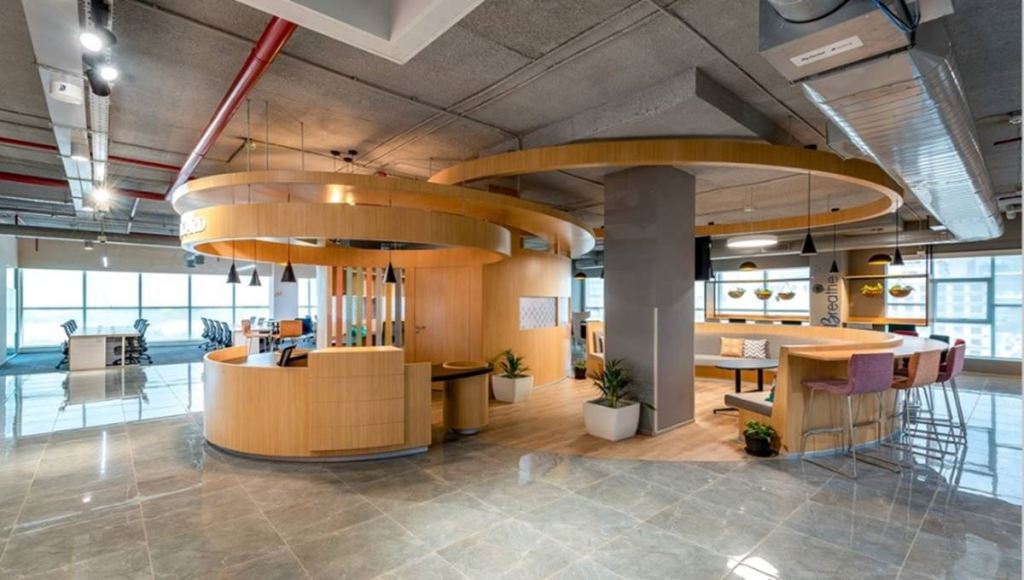As the real estate sector continues to flourish, driven by the increasing interest of buyers, investors, and developers, it has become vital to focus on sustainable construction practices. Real estate is one of the country’s fastest-growing sectors, with enormous infrastructural developments under progress and the interest of investors for the remarkable returns and security that the sector offers. The real estate sector in our country has been witnessing unprecedented growth fuelled by urbanisation, population growth, and economic development.
The demand for residential, commercial, and retail spaces is soaring, creating significant opportunities for developers and investors alike. The demand for commercial spaces, particularly office environments, is witnessing a remarkable uptick. This demand is not only fuelled by the influx of global brands but also by the evolving needs of modern businesses. Consequently, construction projects with a spotlight on office spaces are increasing across the nation.
Sustainable construction practices have emerged as a critical aspect of modern real estate development. These practices focus on minimising environmental impact, conserving resources, and enhancing the overall quality of construction projects. Sustainable construction practices, emphasising environmental conservation and resource efficiency, are instrumental in elevating the quality of office environments. Energy efficiency stands as a cornerstone benefit achieved through the integration of energy-efficient materials and technologies. By curbing energy consumption, these practices not only diminish operational costs but also foster a conducive workspace for employees. These practices also help in improving indoor air quality as they prioritise the use of low-emission materials and proper ventilation systems. This creates a healthier and more pleasant office environment for occupants.
Also Read: Invest in mutual funds or prepay your home loan?
Water conservation emerges as another pivotal aspect addressed by sustainable construction practices. Implementation of water-efficient fixtures and systems not only conserves vital resources but also translates into tangible cost savings for office operators.
Sustainable construction practices also focus on minimising construction waste through efficient material management and recycling initiatives. This not only reduces the environmental impact of construction projects but also contributes to cost savings and promotes a more sustainable approach to development.
Office spaces that incorporate sustainable features enjoy an enhanced marketability and gain a competitive edge in the real estate market. In an era where consumers prioritise eco-friendly and sustainable choices, such developments attract tenants and investors alike. While the initial investment in sustainable construction practices may be higher, the long-term cost savings associated with reduced energy and water consumption, as well as lower maintenance costs, make it a financially sound decision for both developers and operators.
Sustainable construction practices are pivotal in augmenting the quality of office spaces and ensuring their long-term viability in the competitive real estate market. By emphasising energy efficiency, water conservation, indoor air quality, waste reduction, and marketability, developers can create office environments that not only cater to the needs of contemporary businesses but also contribute to a sustainable future. As the real estate sector continues to evolve, embracing sustainable construction practices remains imperative to meet the demands of a burgeoning market while minimising environmental impact.
(By Dr. Amish Bhutani, Managing Director, Group 108. Views are personal)

